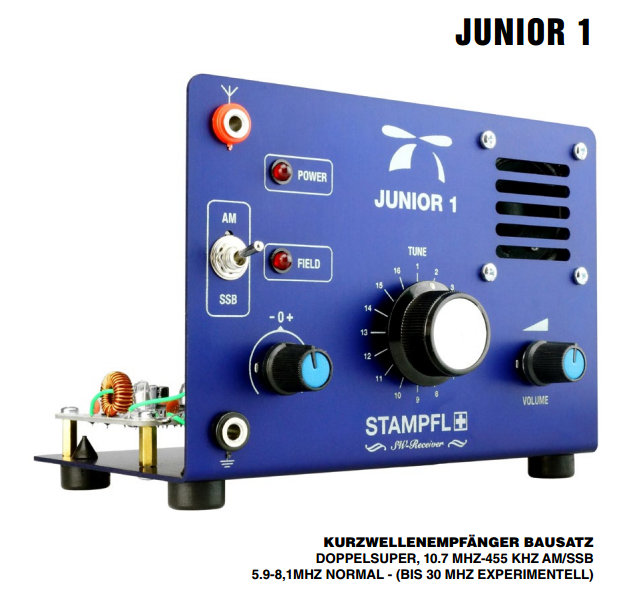I thought I would pass along this article from Radio World concerning the connection between Amateur Radio and Broadcast professionals. (And please, no flames for not being strictly SWLing related!)
Here a taste of the article, while the full piece may be found here:
http://www.radioworld.com/news-and-business/0002/strong-ties-bind-amateurs-and-broadcasters/339846
Many people who work in broadcast radio got their start as amateur radio operators — hams — and remain active in the hobby.
At iHeartMedia alone, “we have 157 people on our ham radio list,” said Charles Wooten, director of engineering and IT at iHeartMedia Panama City, Fla. An amateur radio operator himself since the age of 12 (call sign NF4A), Wooten maintains that list. “Ninety percent of them are engineers, but we also have DJs, program directors and operations directors.” At least four of the company’s regional engineering VPs are hams.The fact that so many of iHeart’s hams are engineers makes sense. Many of the skills that a ham learns to get on air are the same needed by a technical broadcast professional.
Enjoy, Robert AK3Q
Robert Gulley, AK3Q, is the author of this post and a regular contributor to the SWLing Post. Robert also blogs at All Things Radio.


Thanks for excerpting and pointing to our Radio World article. We’ve received a lot of reader interest in that story!
–Paul McLane
Editor in Chief
Radio World
Yes, so true that there are many amateur ops that started in broadcasting as a direct result of doing amateur radio. However, let’s not forget the dirty little secret that many were also former Part #15 operators (Remember the AM phono transmitters from the 1960’s?), or even pirates that ran several watts in FM, AM, or even shortwave. In the 1950’s, 60’s, 70’s, and even as late as the 80’s, some got their start with a school’s Carrier-Current Part #15 AM station. One trend that I do see now is former broadcasters setting up the Part #15 100mW stations and programing and sounding as good, if not better, than they did commercially. I certainly encourage that. Case in point, here’s an example, http://www.saxonburgradio.com/ .
In professional broadcasting there are those whose voices are “on the air” and there are those who work as technicians and never get “on the air”. I was one of the former for more than 30 years. I started my broadcasting career with part-time stipend position in college radio, moved into commercial radio and served out most of my broadcast career in public radio. I started working with a Third Class license (box-top license) which became totally obsolete in the 1990’s. The box top was all anyone needed to be a DJ or talker. I never needed a license to talk on a 50 KW FM station after that. I simply signed the operating and program logs and an engineer with with a First Class license answered to the FCC while listening to my unending complaints about broken and failing studio gear. Our chief engineer was a ham but I never heard him on the air. After earning my kibbles in professional radio for ten years I decided I wanted to relive the shortwave radio of my youth and got an amateur radio license. I passed the code element and silly multiple choice exam and got a an “Advanced Technician” or something like that amateur license and call sign. I found two-meter repeater operation boring in the extreme. I joined the local amateur radio club but didn’t fit in. They all recognized my voice from my work on FM. Back in 80’s it seemed to me that everyone in amateur radio got a start in CB radio during the 70’s. I just didn’t fit in and didn’t drive a pick-up truck. I let the amateur license expire.
I started radio hobby in 1962. Today I am an International Consultant for Telecommunication of Railways.My ham call is ap2kd.
Fascinating! I still love listening to Railway comms here locally – I live close to a major rail yard, so there is plenty to hear.
Although I didn’t end up in broadcasting, but I did earn a lot of my college expenses working at a local radio station for all 4 years.
KS4L
Excellent!! A great way to fund college!